Dear Santa,
Here’s our cannabis Christmas wish list for this year. We know it looks long. But seriously, we’re not bogarting—we’re asking for these things for the good of the world and all of humanity.
Thank you in advance for your kind consideration.
The (nice) Women of Canna Communication
Here’s what we want:
- America to be more like Canada when it comes to marijuana. Imagine, a whole country (other than Uruguay at present) that doesn’t prohibit cannabis.
- Just like Martha, Snoop and Anthony Bourdain, everyone should be able to be able to roll a good joint. It’s a skill anyone can master with a
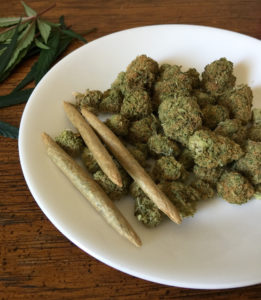 little practice.
little practice. - People to stop calling cannabis a gateway drug. There’s no science to this myth, and truly, cannabis helps people get off of opioids.
- Michigan citizens to come out in force in November 2018 and vote to end cannabis prohibition in our great state. We’ve been a medical marijuana state for nearly a decade, adult-use legalization is the natural next step.
- The cannabis industry to stop objectifying women. Stop with the bikinis and boobs. Please. It doesn’t increase the seriousness of our cause.
- Michigan to expand its criteria for medical marijuana qualification and include autism and PTSD. There’s research showing these conditions deserve inclusion.
- All our clients to be successful in their endeavor to apply for a medical marijuana facility license.
- More Michigan municipalities to be open to having marijuana businesses. Patients shouldn’t have to travel across the state for their medicine. There should be a provisioning center in every Michigan county.
- All cities in Michigan decriminalize marijuana possession. There are far too many people in prison for marijuana charges, and more often than not, they’re people of color.
- People to regard marijuana entrepreneurs as they do craft brewers. It wasn’t that long ago alcohol was prohibited and now it’s celebrated
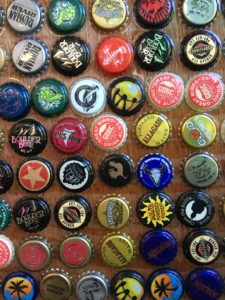 and brewers are vital to economic growth in some communities.
and brewers are vital to economic growth in some communities. - Small cannabis businesses to find a place in Michigan’s new medical marijuana licensing structure, so caregivers can continue to do what they do best.
- Jeff Sessions to get with the science about marijuana and the people who use it. We are good people.
- All the puns about marijuana to stop, or at least be limited to one per conversation.
- Cannabis to be removed from Schedule I classification. This classification dates to the 1970s and the Nixon administration and was created to disrupt the lives of people of color and anti-war protestors.
- Everyone who uses marijuana or supports people who do, to speak up about the power of the plant and how it has helped improve their health and happiness.
PS: Thanks to everyone who has supported Canna Communication in 2017. We look forward to a great 2018 with you.
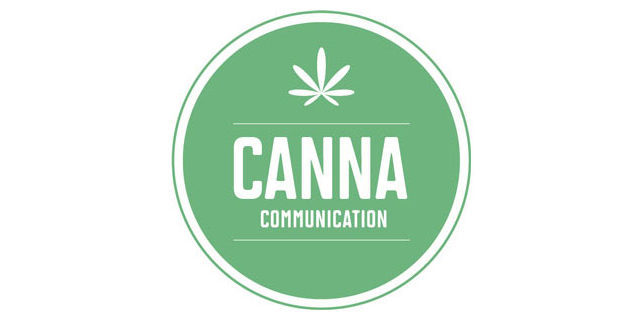
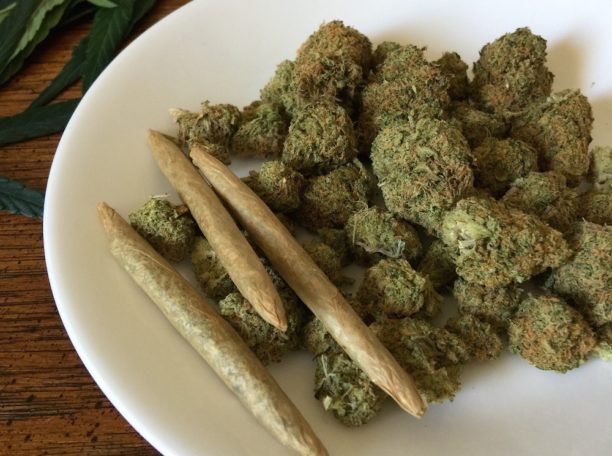
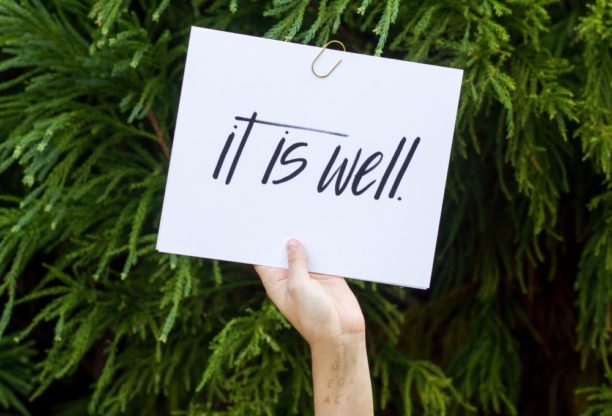
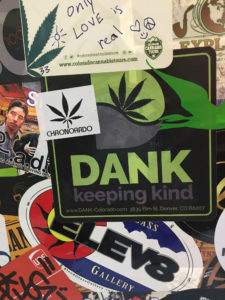 other drugs.”
other drugs.”